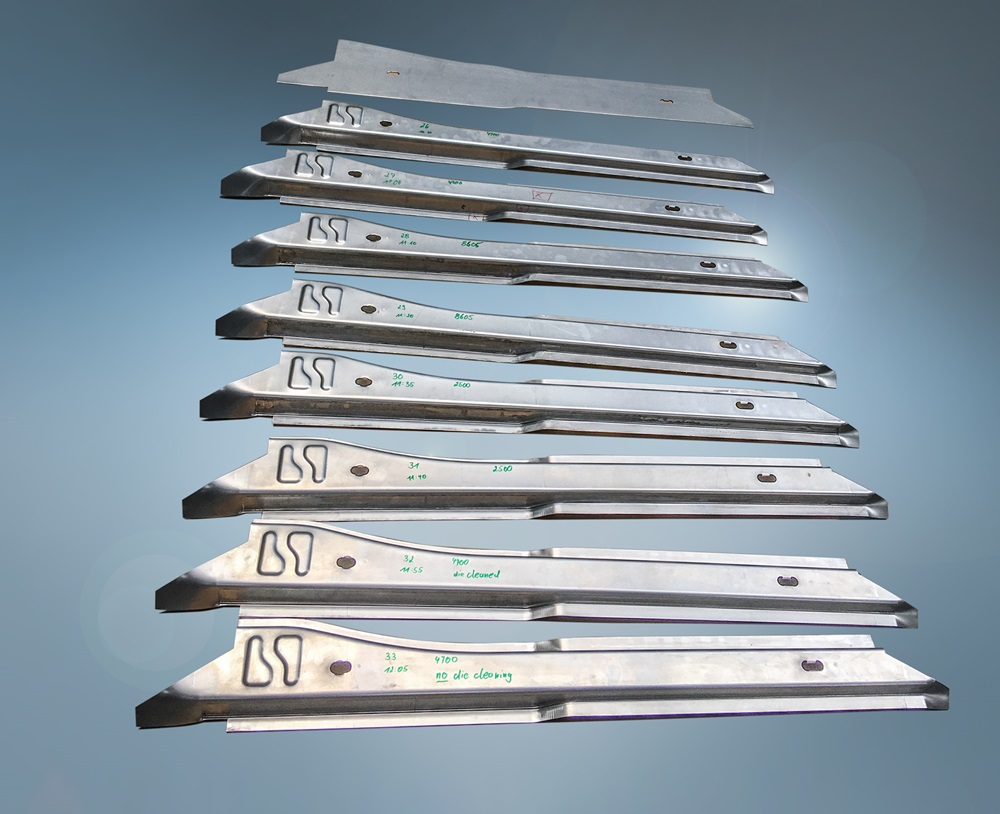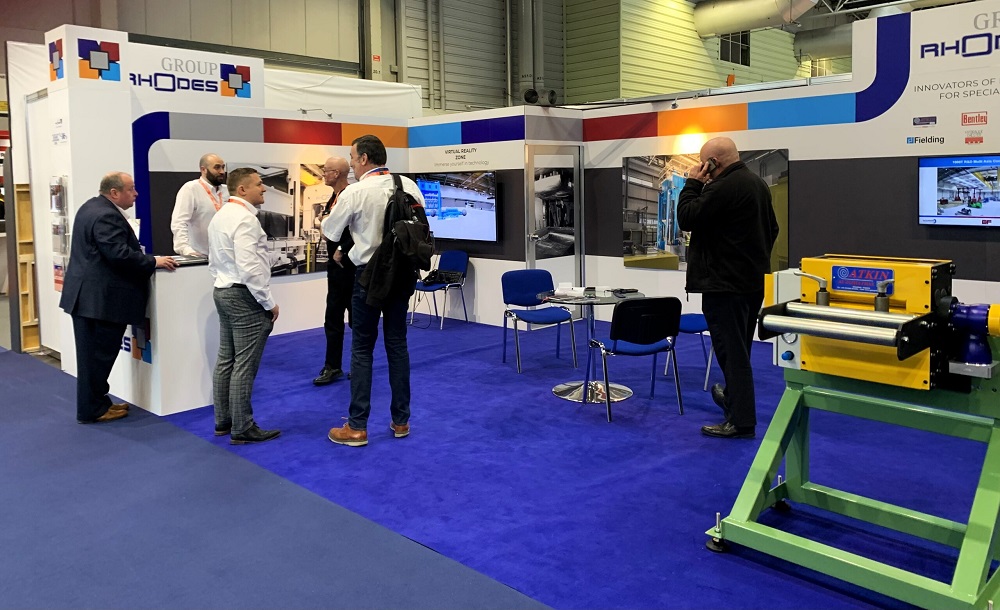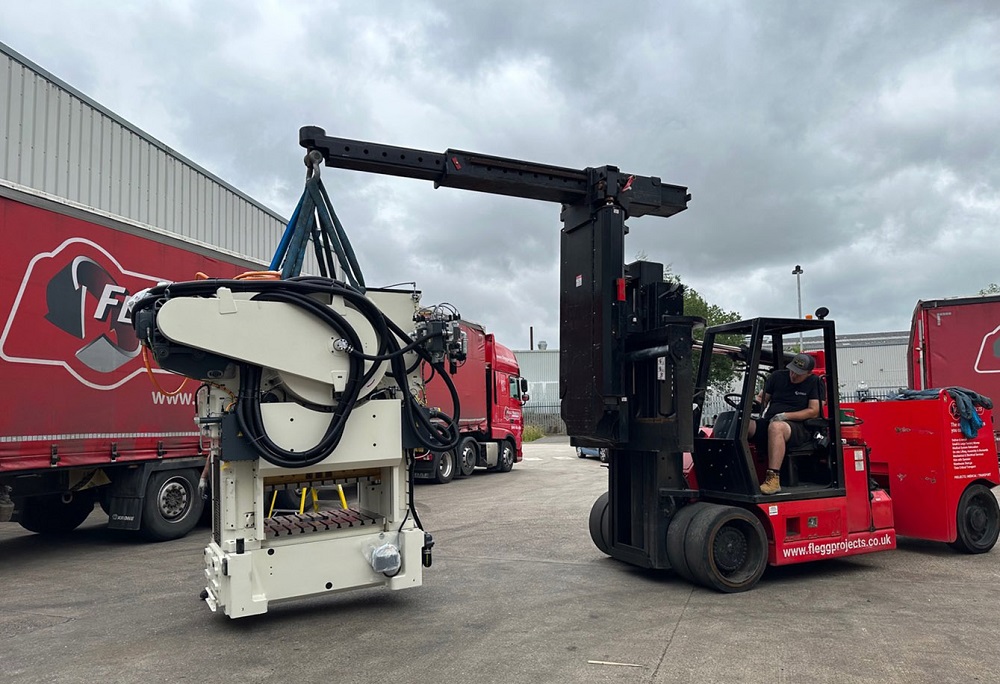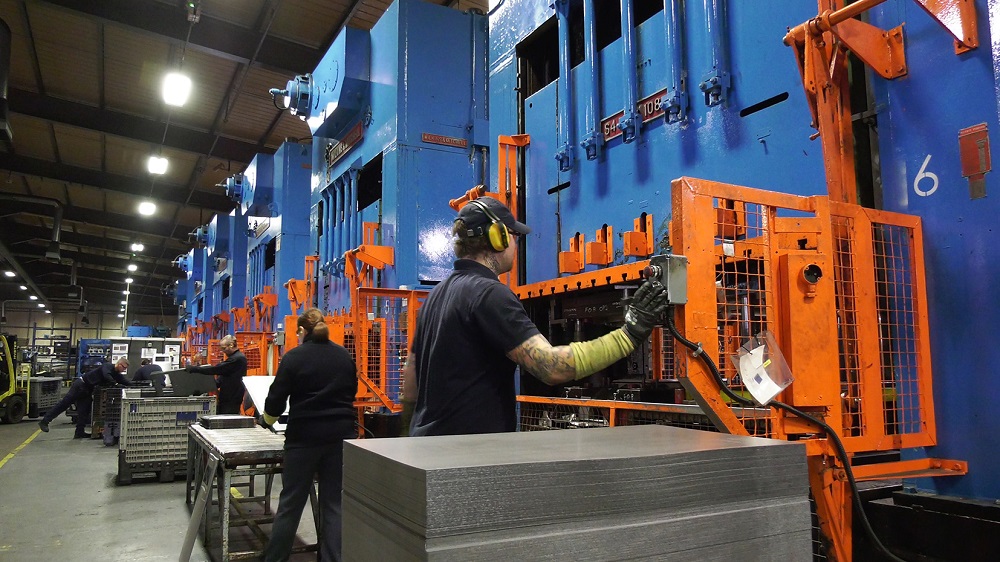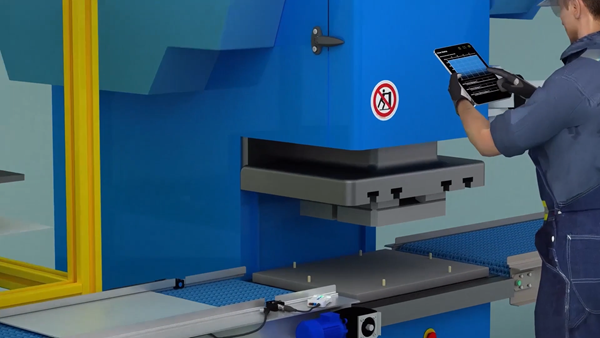Parts made from high-strength aluminium sheets are increasingly found in modern vehicles to save weight. Schuler now offers on its hydraulic presses a new process for hot stamping that heats this light metal very quickly by means of contact heating, with subsequent forming taking place in a water-cooled die. All process steps take place in the die so, in contrast to the hot stamping of steel sheets, no separate furnace is necessary.
“This not only reduces the space requirements for the system, but also significantly lowers investment and operating costs,” explains Christian Palm, who is responsible for the hydraulic presses division at Schuler. “Users of this technology can produce light and high-strength parts with a considerably higher degree of forming compared to cold forming, offering much greater design scope.”
It is possible to achieve highly complex geometries and a tensile strength of 300 to 400 N/mm². In the process, heating plates integrated into the first forming stage heat the 6000 or 7000 series aluminium sheet to over 300 to 450°C in a matter of seconds. In the second stage, forming takes places in a water-cooled die while the next blank heats up at the same time. In a third and fourth stage, the part, which is still at about 60°C, can be cut.
On a 1200-tonne capacity hydraulic press from Schuler operating in conjunction with a dynamic three-axis transfer system, users can achieve cycle times of just 10 seconds per part. Components are ready for further processing immediately and do not require several hours of heat treatment for hardening. The first system is already in manufacture for an automotive supplier in Asia as part of electric vehicle production.
For further information www.schulergroup.com






